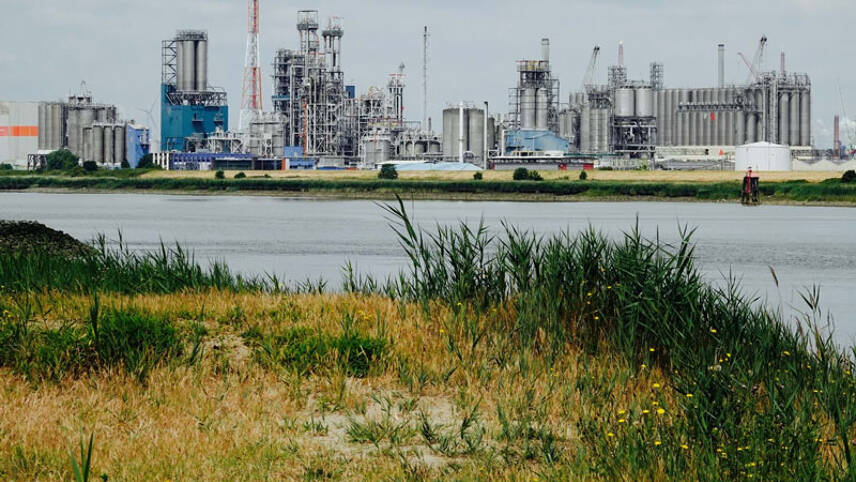Register for free and continue reading
Join our growing army of changemakers and get unlimited access to our premium content

Image: ClientEarth
Belgium’s Court of the Council of Permit Disputes made the ruling against the plant, which would be the biggest constructed in Europe in more than three decades, earlier this week.
The Court concluded that INEOS did not provide permitting authorities with enough information about the environmental impact of the ‘Project One’ plant, plus its value chain, across the full lifecycle. It also noted opposition from two local provinces in the Netherlands adjacent to the proposed site at the Port of Antwerp.
The two provinces, Nord Brabant and Zeeland, spearheaded one legal challenge against Project One. Another was progressed in tandem, by the environmental law firm ClientEarth.
ClientEarth won an injunction against INEOS in 2021 on the grounds that it was not publishing enough information about the social and environmental impact of Project One. This week, a judge ruled that there still was not enough information on topics including nitrogen pollution.
ClientEarth Lawyer Tatiana Lujan called the ruling “a watershed moment in the fight against unnecessary plastics”.
Lujan added: “It’s 2023. You cannot use oil and gas to make the components for plastic on an industrial scale and expect to sail through unchallenged.”
What happens next?
INEOS has 30 days to appeal the decision made this week. A spokesman for the business told edie: “We are obviously disappointed. We are now, in consultation with our lawyers, carefully studying the decision in order to understand it and to review our options.”
It bears noting that the project had already received approval from the Belgian government. It will now need to seek approval for an updated permit because of this week’s court decision.
INEOS’s original plan was to construct two units, in which imported fossil gas would be converted into propylene and ethylene for use in the plastics sector. In 2021, is suspended plans for one of the plants indefinitely as the propylene market became less lucrative.
Nations around the world are in the process of co-developing a new Plastics Treaty through the UN. After the main structural points were agreed last year, including measures to ensure that the whole life-cycle of plastics is covered, a final Treaty is expected during 2024.


Please login or Register to leave a comment.